One of the topics at this international conference is education for entrepreneurship.
The aim of entrepreneurship education is to develop entrepreneurial skills among young people, so that they know how to recognize business opportunities and understand the role of entrepreneurship. The idea is to contribute to development of personal qualities of young people such as creativity, responsibility, risk-taking, problem-solving, team-work, as well as relevant business competencies on how to create and run business. These are all transversal skills necessary in a rapidly changing world in which a quick response and adaption to new rules of the global market is necessary.
The idea is in line with the EU policies. Namely, entrepreneurship, as seen by the European Commission, is much more than just becoming an entrepreneur. It is about skills and abilities everybody should acquire in order to master one’s own life in a better way – personally as well as in a working environment.
Varazdin County, together with the Faculty of Organization and Informatics (Entrepreneurship Lab), is organizing an event which will take place on 7th November in Varaždin. The event will gather experts, creators of education policies, headmasters of educational institutions and will provide an insight into vertical overview of entrepreneurship education in Varazdin County (from kindergarten, primary, secondary to faculty education), as well as in horizontal overview (adult education, social entrepreneurship).
Therefore, we would like to exchange experience with specific institutions and hear how this functions in your region, community. What models and methodologies do you use? What are the effects of your methodologies? These are only some of the questions which will be discussed at the conference.
The final goal of the event, after hearing all the experiences, is to develop suggestions for new curricula, which will then be at disposal to all members of the Assembly of European Regions and other interested parties.
Read the AGENDA.



